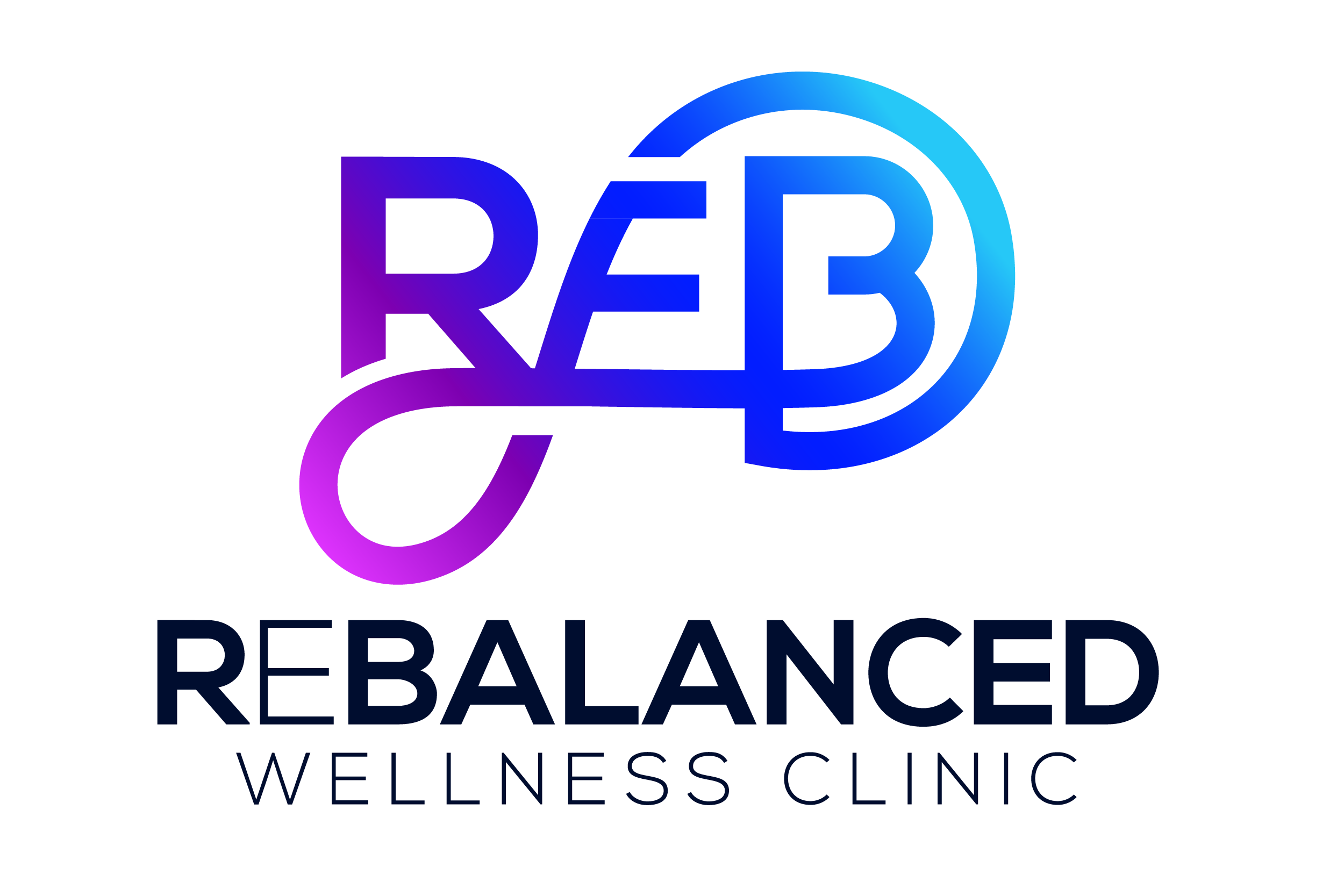Hormones are chemical messengers that play a crucial role in regulating various bodily functions. From our mood to our metabolism, hormone health is deeply intertwined with our overall wellness. Understanding the connection can empower us to take better care of our bodies and improve our quality of life. Let’s explore how hormone health impacts our well-being and what we can do to maintain it.
Understanding Hormones and Their Functions
Hormones might seem complex, but think of them as your body’s messenger service. They travel through your bloodstream to tissues and organs, delivering messages that tell your body what to do and when. This can range from managing your metabolism and growth to controlling your mood and reproductive processes. It’s a finely tuned system that keeps things running smoothly.
Each hormone has a specific function, orchestrating a harmonious balance within our bodies. For example, insulin helps manage your blood sugar levels, while adrenaline prepares your body for a quick response in stress situations. It’s a delicate balance that, when disrupted, can affect your overall health in numerous ways.
Signs of Hormone Imbalance
Recognizing the signs of hormone imbalance is the first step towards addressing it. Common indicators include unexpected weight gain or loss, persistent tiredness, mood swings, and changes in sleep patterns. It’s like your body is sending signals that something isn’t right.
Especially for women, symptoms such as irregular menstrual cycles, hot flashes, and dry skin may point to hormone-related issues. Men are not immune either, with symptoms like reduced muscle mass, decreased libido, and difficulties in concentration often signaling imbalance. It’s important to listen to what your body is telling you.
Impact of Hormone Imbalance on Wellness
When hormones are out of balance, it can lead to a cascade of physical and mental health issues. These range from serious conditions like diabetes and thyroid disorders to feelings of anxiety and depression. It underscores the fact that hormones are integral to our overall well-being.
Moreover, a persistently imbalanced hormonal state can affect everyday quality of life, making it harder to manage weight, maintain energy levels, or even conceive a child. It’s a reminder of how broadly our hormones influence our health.
Major Hormones and Their Role in Health
Let’s focus on a few key players: insulin, thyroid hormones, estrogen, and testosterone. Each has a pivotal role in our health. Insulin, for example, regulates our metabolism and energy usage. Thyroid hormones impact almost every organ, influencing our metabolism, heart rate, and body temperature.
Estrogen and testosterone are well known for their role in reproductive health but also affect bone density, muscle strength, and mood. Understanding each hormone’s role illuminates why balance is so vital.
Lifestyle Factors Affecting Hormone Health
Daily choices can significantly impact hormone health. Poor diet, insufficient sleep, excessive stress, and lack of physical activity are just a few factors that can throw your hormones off balance. It’s like running your car on the wrong fuel – sooner or later, it’s going to have problems.
On the flip side, nourishing your body with a balanced diet, getting enough sleep, managing stress through practices like meditation or yoga, and regular exercise can all help maintain hormonal balance. It’s about creating a lifestyle that supports your body’s natural rhythms.
Natural Ways to Support Hormone Health
Incorporating a variety of whole foods into your diet, rich in omega-3 fatty acids, antioxidants, and fiber, can support hormone health. Foods like avocados, nuts, seeds, and fatty fish are all beneficial.
Herbal supplements and adaptogens such as Ashwagandha or Maca root may also support hormonal balance, although it’s vital to consult with a healthcare provider before starting any new supplement. Simple changes, when made consistently, can create a powerful impact.
When to Seek Professional Help
If you’re experiencing signs of hormone imbalance, or your efforts to maintain hormonal health are not yielding results, it’s time to seek professional help. Endocrinologists specialize in the endocrine system and can provide comprehensive support.
Remember, hormone health is deeply personal. What works for one person may not work for another. Therefore, a tailored approach, possibly including medication, lifestyle changes, or other treatments, may be necessary to restore balance and ensure your overall well-being.
Taking Charge of Your Hormone Health
Hormone health is a critical aspect of our overall wellness, influencing everything from our physical health to our emotional wellbeing. By understanding the signs of hormone imbalance and taking proactive steps to maintain hormone health, we can greatly impact our quality of life. Remember, it’s essential to consult with healthcare professionals for personal advice and treatment options. Taking charge of our hormone health is a positive step towards achieving a balanced and healthy lifestyle.

